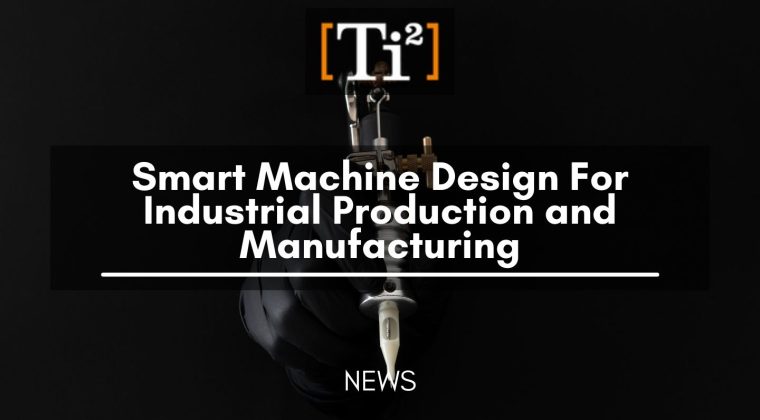
Smart Machine Design may not be a new horizon in Industry 4.0, but it is broadening by providing next level digital capabilities and solutions in the production and manufacturing industry. Based on the integration of multiple smart technologies, smart machine design combines different advantages leading to an overall improvement of production and manufacturing, creating a more agile, streamlined, reliable, and robust system. The goal of smart machine design is highly motivated and mainly shaped to specifically fulfill the industry’s demand.
How manufacturers operate today are influenced significantly by smart machines, transforming engineering and even factory-floor industries. Some of the most common and ultimate goal of smart machine design include higher demand production capacity, faster delivery, and shorter production timeframe. This is the competitive and profitable edge that plants and machines require moving forward to create a smarter, integrated, safer, and more flexible facility.
4 Main Trends In Machine Manufacturing Today
To stay on top of the industry, or to even stay afloat, being well-versed in current trends is important. This sheds light of directions for all engineers and business owners.
Sourced from Siemens, there are 4 main trends in machine manufacturing today:
- Highly flexible machines, created to be based on customization and personalization.
- Smart machines that are working via IoT.
- Hyperautomation, machine learning, packaged software and automation tools.
- Competitiveness. Financial competitiveness stays as a requirement to gain coverage and traction in the market.
Reconfigurable Manufacturing Systems
In order to respond fast and efficiently to new innovations in the industry, the development of reconfigurable manufacturing systems has been implemented very quickly. RMS is a system that allows manufacturers to adapt and change manufacturing processes to adjust the functionality of the plants and its capacity. It allows a company or plant to ensure its solid presence in the market.
The past years have taught us the importance of preparation, especially in the unforeseeable future and relative & affecting variables within the industry. This spiked a high demand for smart and reconfigurable machines in manufacturing. An adaptable system and technology that can respond efficiently to changing requirements.
RMS is a broad terms that can be characterized by 6 main features:
- Modularity: switchable and interchangeable modules
- Integrability: universal and seamless integration to other plant technologies
- Customized flexibility: fast and efficient module upgrade
- Scalability: new products through manufacturing systems rearrangement
- Convertibility: ability to operate and convert with existing plant infrastructure
- Diagnosability: errors and problems identification
The market is always on the lookout for new adaptive machinery design. Which is why a smart design is a great investment for large manufacturing enterprises to develop. RMS utilizes cloud, AI, software engineering, and other new smart technologies that will supply the demand of the company. On the other hand, small to medium enterprises are usually still compensating their lower financial reserves by manual labor.
Customization and personalization remains as one of the main unique selling proposition for different needs in the industry.
RMS Challenges
As a considerably new technology, RMS are still under development, constantly going through improvement and upgrades. The complexity of it can sometimes be a challenge when it comes to installation in an existing system with technologies with older versions and compatibility.
Considering the benefits and advantages that one can experience with RMS, the setup cost of this system may be a hindrance to leveling up the system, especially for small to medium enterprises.
RMS is currently developed to increase maximum speed, this challenge is a working progress.
To learn more about what we do and how we can help your smart machine design requirements, please click projects, products & services.
Ti2 is currently very focused on working with its global partners to secure stock and avoid long delay times in delivering products to their customers. Together with our trusted partners, we are here to provide solutions.
Please click here to email us your inquiry, we would like to hear from you.
Article inspired from sciencedirect, iopscience, static, machinedesign, and Ti2.
